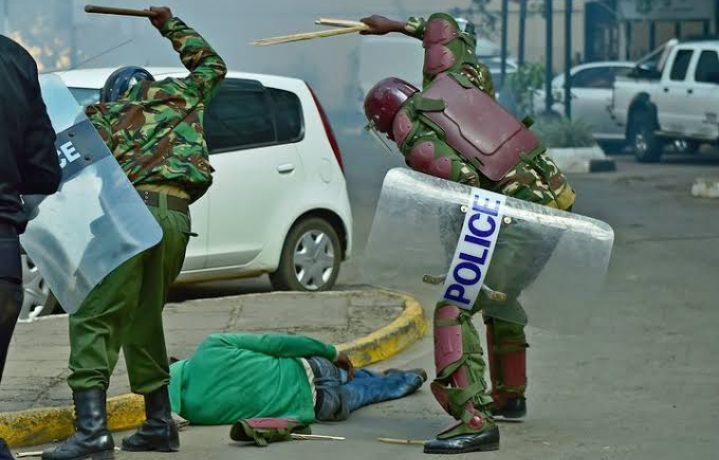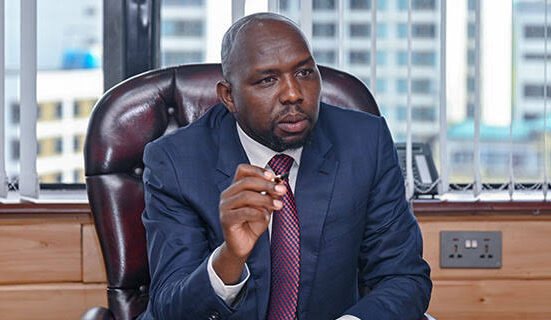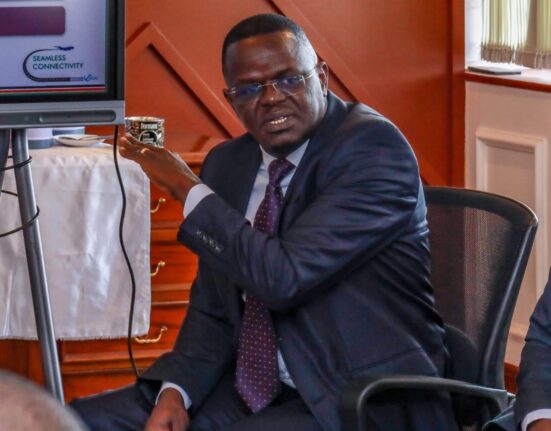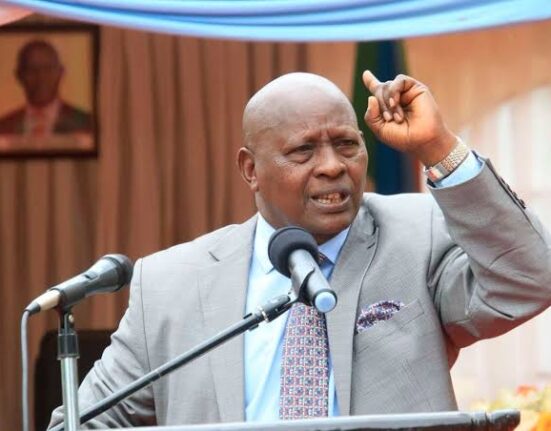In recent times, Kenya has witnessed anti-government protests, primarily led by the youth, against proposed tax hikes and perceived corruption.
These demonstrations have been met with severe police responses, including the use of live ammunition, resulting in numerous fatalities.
Alarmingly, there is growing evidence that the police have been concealing these deaths by misreporting the causes, thereby obscuring the true extent of the violence.
A Reuters investigation revealed that in July, 19-year-old Charles Owino and 21-year-old Shaquille Obienge were killed during protests near Nairobi.
However, police records listed their deaths as road accidents.
Autopsy reports contradicted these records, indicating that the fatalities were caused by live rounds fired by the police.
This pattern of misreporting is not isolated; several other cases have shown similar discrepancies between official police reports and autopsy findings.
Human rights organizations, including Amnesty International, have accused Kenyan authorities of a systematic cover-up.
They point to the involvement of police units like the Directorate of Criminal Investigations’ (DCI) Operation Action Team, which reportedly replaced the disbanded Special Service Unit known for extrajudicial killings.
Between June and December, the Kenya National Commission on Human Rights reported 82 enforced disappearances amid the protests, with police often using force and targeting protest leaders for abductions.
The government’s response to these allegations has been notably silent.
Kenya’s National Police Service and other officials have not addressed inquiries regarding the misreporting of protester deaths.
This lack of accountability has further eroded public trust in law enforcement and the government’s commitment to upholding human rights.
The international community has expressed concern over these developments.
Western envoys in Kenya have highlighted reports of arbitrary arrests, enforced disappearances, and extrajudicial killings, especially as Kenya assumes its seat on the United Nations Human Rights Council.
These concerns are compounded by incidents such as the abduction and repatriation of asylum seekers, raising serious questions about Kenya’s adherence to international human rights obligations.
The domestic response has been equally critical. Protests have erupted not only against the proposed tax hikes but also against the government’s heavy-handed tactics.
In Nairobi, police have used teargas to disperse demonstrators protesting alleged abductions of government critics.
Human rights groups claim that dozens have been abducted in recent months by police and intelligence services, though authorities deny involvement in extrajudicial arrests.
The situation has been exacerbated by the discovery of numerous unclaimed bodies in morgues, leading to public outcry.
In one instance, authorities planned to bury 120 unclaimed bodies in a mass grave, prompting fears that these could be victims of police brutality during the protests.
Organizations like the Law Society of Kenya have called for more time to identify these bodies, underscoring the need for transparency and accountability.
The Kenyan government’s approach to handling dissent has drawn parallels with other youth-led movements across Africa, where young people are increasingly mobilizing against corruption and economic hardship.
The use of social media platforms has been instrumental in organizing these protests, reflecting a broader trend of digital activism challenging traditional power structures.
The Kenyan police’s concealment of killings during anti-government protests represents a serious violation of human rights and undermines the principles of transparency and accountability.
The misreporting of protester deaths, coupled with enforced disappearances and extrajudicial killings, highlights a troubling pattern of state-sanctioned violence.
Addressing these issues is crucial for restoring public trust and ensuring that the rights of citizens to protest and express dissent are protected.













Leave feedback about this